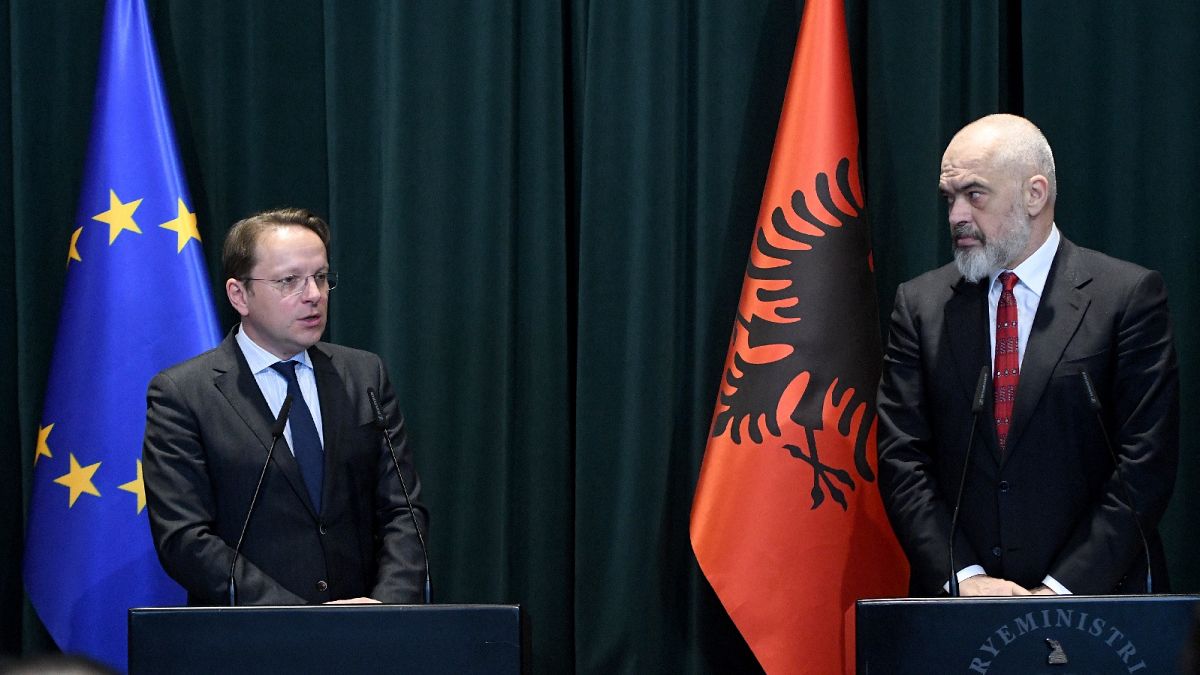Albania’s journey towards becoming a full-fledged member of the European Union has received a positive initial assessment from EU officials. Prime Minister Edi Rama expressed ambitious goals of completing the accession process within this decade. The opening of accession negotiations has been described as “historic” and a significant step towards Albania’s integration with the EU.
The EU’s position paper highlighted areas where Albania needs to improve, such as fighting corruption, strengthening the judicial system, and ensuring media independence. Despite these challenges, both sides remain determined to work together to align Albania with EU standards. Prime Minister Rama emphasized the country’s commitment to meeting all future obligations, stating that ‘for us, there is no other way’ than EU integration.
European Commissioner Olivér Várhelyi expressed confidence in Albania’s ability to meet the tight 2030 timeframe for accession. The EU’s financial support through a €6 billion Western Balkans growth plan is expected to facilitate reforms in Albania and create opportunities for the country’s integration. Várhelyi also mentioned the upcoming negotiations for the bloc’s next seven-year budget framework, which could provide indications on future enlargement strategies.
Albania, which has been a candidate for EU membership since 2014, is among several other countries in the Western Balkans and beyond waiting to join the European Union. Enlargement discussions gained momentum after Russia’s invasion of Ukraine, prompting EU officials to reevaluate the membership process. However, the enlargement process requires unanimous agreement from existing member states and must remain merit-based.
Despite facing setbacks and rejections in the past, Albania remains determined to pursue EU membership. Prime Minister Rama acknowledged the challenges ahead but stressed that there is no alternative path for Albania other than integration with the European Union. The country has turned past setbacks into strengths and remains committed to the rigorous process of meeting EU standards.
The intergovernmental conference held in Luxembourg focused on the first cluster of chapters related to fundamental aspects of EU alignment such as human rights, the rule of law, and democratic institutions. The discussions highlighted the progress made by Albania in implementing EU laws while also acknowledging areas that require further reforms. The EU’s emphasis on fighting corruption, strengthening the judiciary, and ensuring media independence reflects the ongoing efforts to align Albania with European standards.
As Albania works towards EU membership, the country remains optimistic about closing the cluster of issues and opening new chapters on foreign relations before the end of the year. The support and guidance from EU officials, along with financial assistance through growth plans, are expected to help Albania navigate the complex accession process. The country’s determination and commitment to EU integration are evident in its proactive approach towards meeting the requirements set forth by the European Union.











